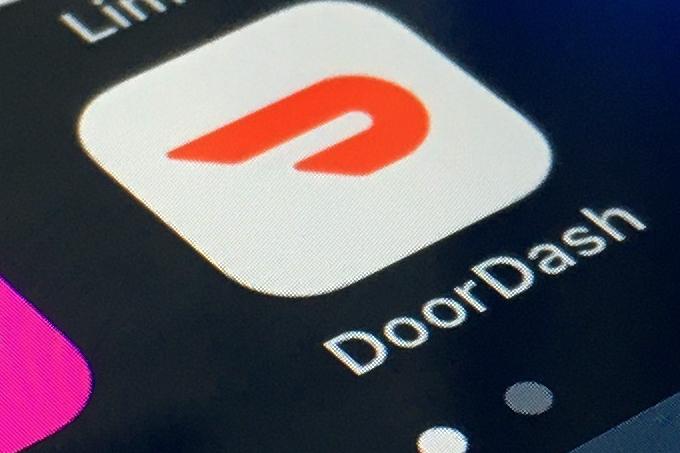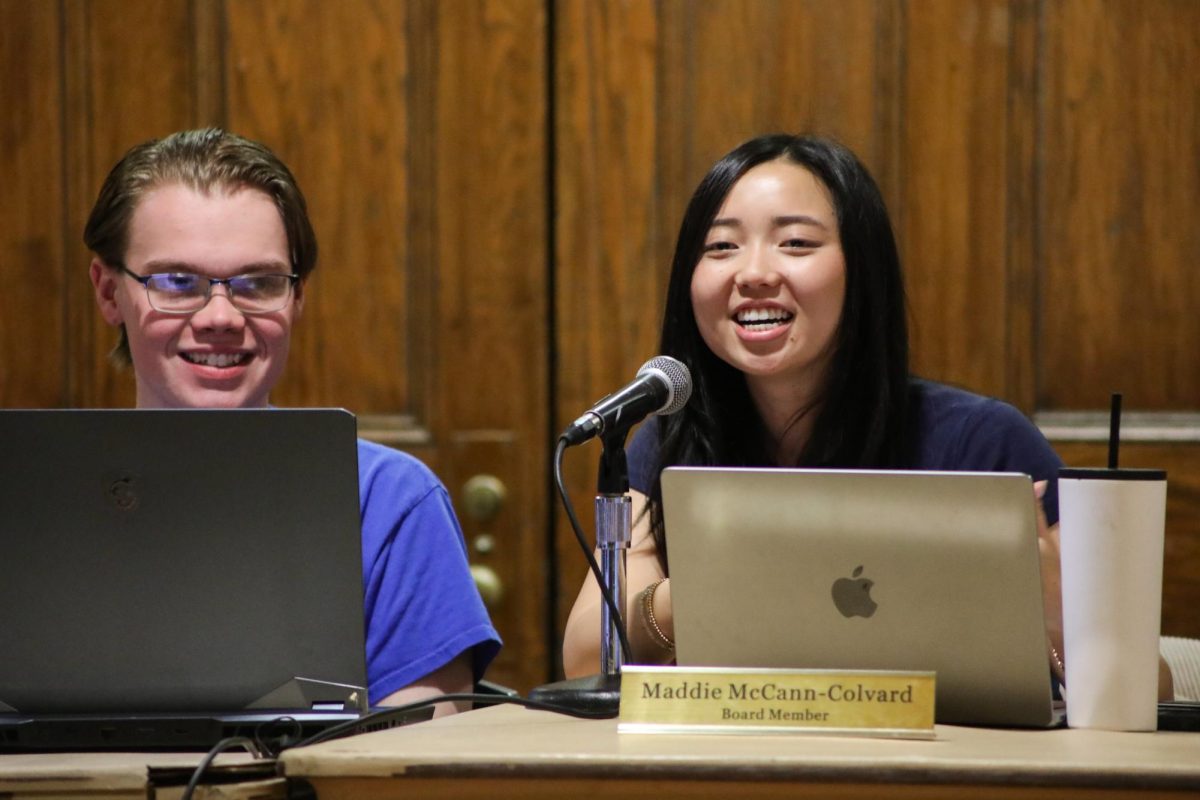Student doordashers reflect on its pros and cons
The DoorDash app on a smartphone.
September 28, 2022
For many working students on campus, having to deal with an annoying boss can be frustrating. Some students, like Austin Beasly have avoided that situation entirely by becoming DoorDash gig workers.
“In high school, I worked at fast food and I hated it,” Beasly, a junior psychology and law, criminal justice and society major said. “I hated having a boss. I hated the balance between school and work, and so being able to have a kind of a schedule where I am in complete control is the biggest pro for sure.”
Companies like DoorDash, Uber Eats and Grubhub have become useful and common ways for Pitt students to earn money on the side. Some students have started “dashing” as a way of staying afloat financially while keeping up with their schoolwork.
Beasly said dashing is especially flexible with class schedules.
“Typically what I’ll do a lot of the time during the school week, I’ll just go [take orders] on a Thursday night because I don’t have class on Fridays,” Beasly said. “It makes about 20 bucks an hour, so it’s also nice for that, even though it doesn’t include gas.”
According to Beasly, the majority of his earnings is through tips, instead of the base wage from DoorDash. He said he makes about $100-200 a week through DoorDash.
“The breakdown [of my earnings] of tips to salary is about 60/40,” Beasly said.
Beasly said there are also other factors to take into account such as gas. Given the increase of the price of gas, the kind of work that requires a car is less dependable, according to Beasly. However, Beasly is able to avoid the unstable gas prices through the use of a hybrid car.
Andrew Klepeis, a junior politics and philosophy major, has worked for DoorDash for only two weeks. Klepeis said he is only able to do this job because of the fuel efficiency of his vehicle.
“I can’t imagine it being worth doing if my car wasn’t gas efficient,” Klepeis said. “It is definitely manageable, but the trade off is the pay being barely enough to make a little extra on top once I reimburse myself for the gas.”
Unlike Beasly, Klepeis said he hasn’t had good luck with tips.
“The vast majority of customers on DoorDash do not tip”, Klepeis said. “The base driver pay is usually higher, so it’s not a big issue, but when I have to drive five and a half miles for a 4.75 order or risk my acceptance rate going down, it’s something you just have to bear.”
Samantha Eckenrod, a junior environmental engineering major, said the quality of tips depends on the area.
“Tipping is good depending on the area you’re in — rich neighborhoods tend to tip better,” Eckenrod said.
Beasly said he is selective with the orders he accepts based on the area and price of the order to ensure a good payment for his work. He added that students make up the bulk of the customers, and that they are “surprisingly” good tippers given their financial difficulties.
Klepeis said he has experienced very little customer interaction on the job.
“People usually aren’t friendly or rude, they’re just totally passive,” Klepeis said. “I usually never see or talk to the people I deliver to, and restaurant staff are almost always very nice and accommodating.”
Beasly said fast food was the most common delivery order, adding that Chipotle is the most popular of the bunch. After fast food, Oishii and Chick’n’ Bubbly also have a high volume of orders, according to Beasly.
Klepeis said he would only recommend dashing as a “last resort”.
“I have a lot of commitments and solid scheduled work just doesn’t fit my schedule,” Klepeis said.
Eckenrod also said there are dangers to the job that people have to consider, including putting your car at risk while dashing.
“If you’re a person that’s adaptable and not easily scared or ready to interact with all types of people, do it!” Eckenrod said. “I would not recommend [it] if you have a nicer car.”
Beasly said an important prerequisite to dashing is knowing how to navigate Pittsburgh by car.
“I know how to drive in the city, if you’re nervous about that, I wouldn’t recommend it. It is a lot [of driving],” Beasly said. “Driving for five hours, the odds of you getting cut off are super high. I’m always avoiding accidents.”



